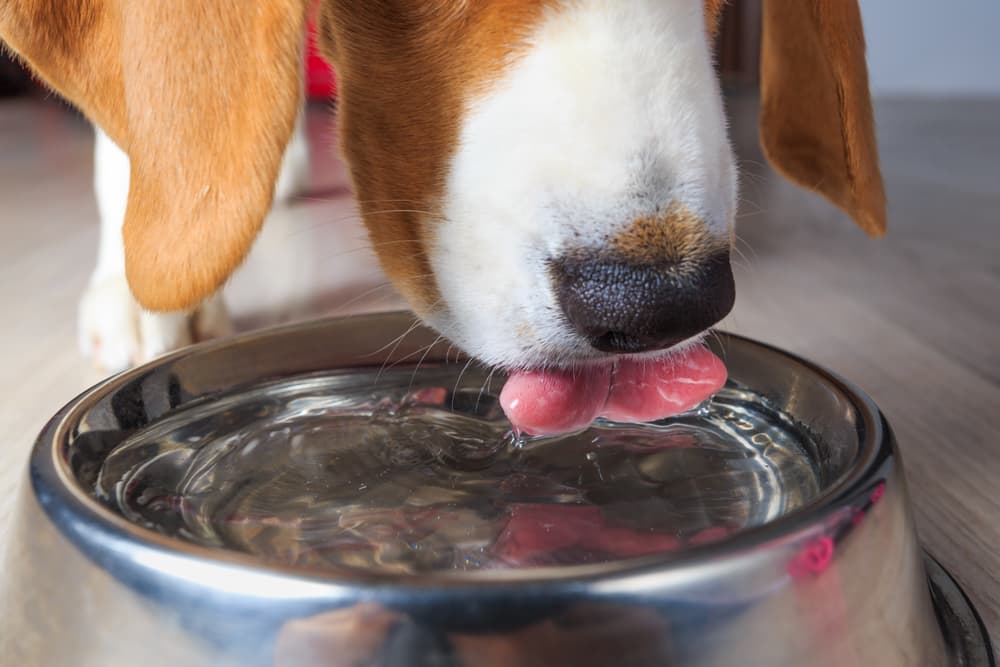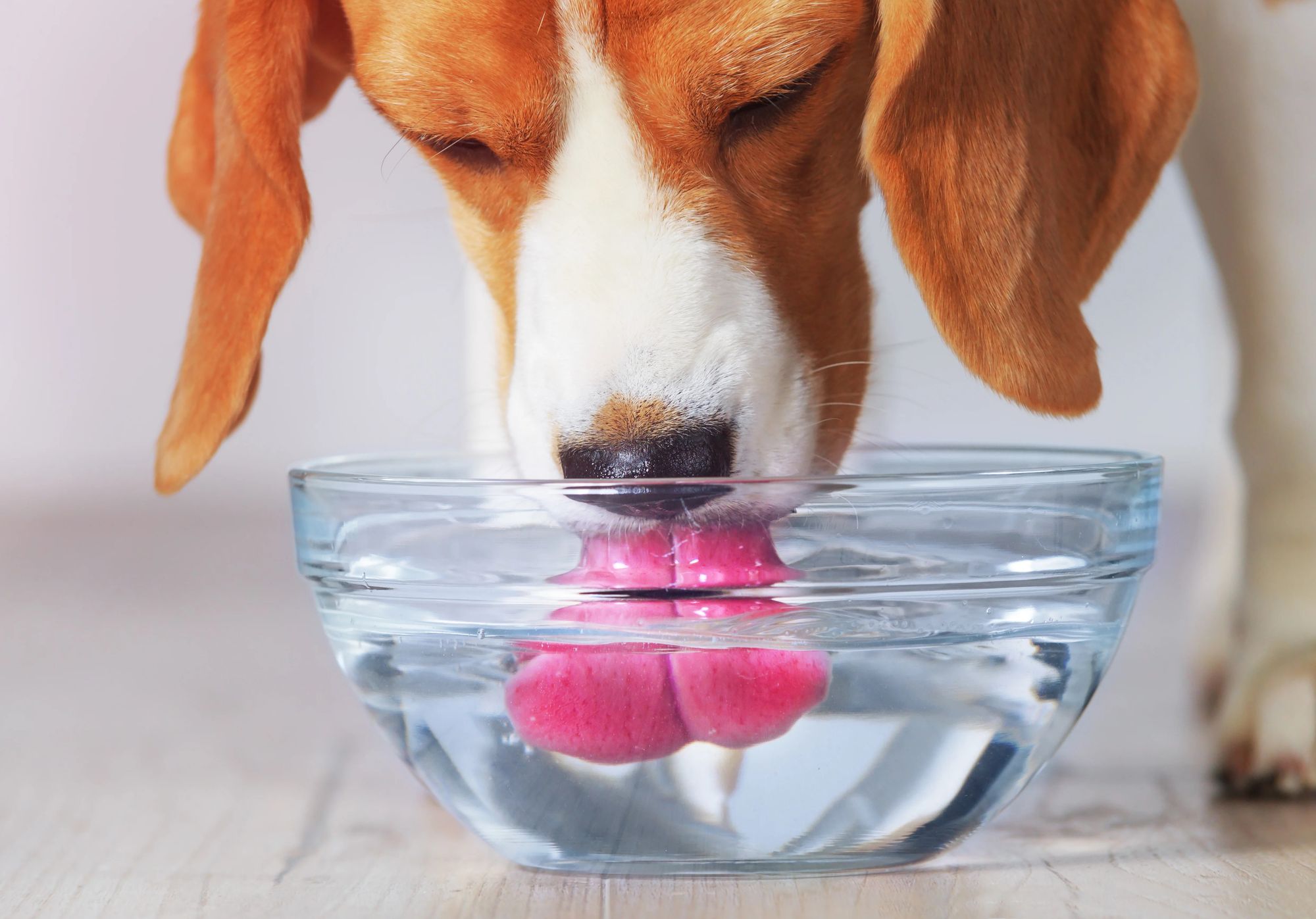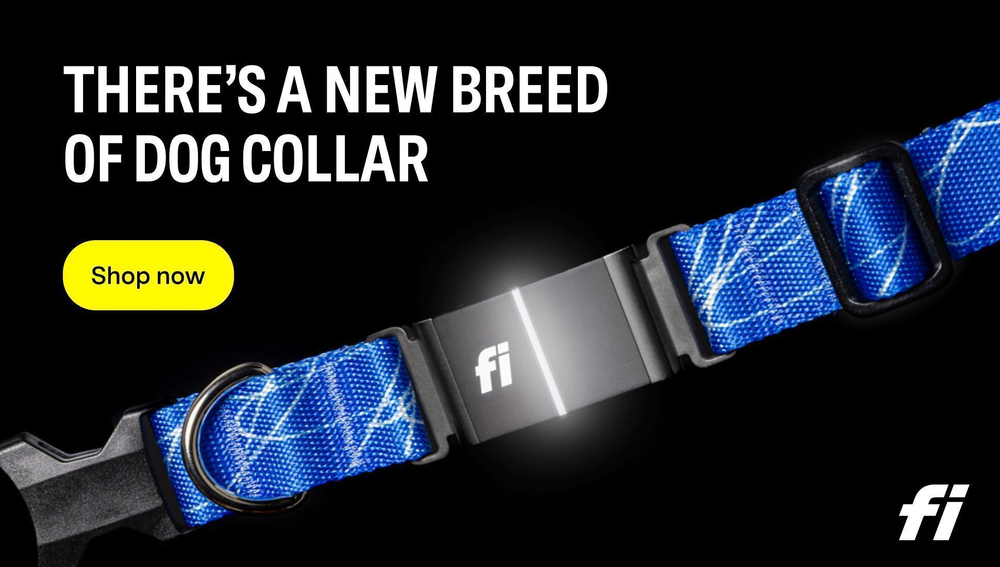Pedialyte is a popular electrolyte solution commonly used to rehydrate humans, especially children, during bouts of diarrhea, vomiting, or dehydration. But can Pedialyte also be used for dogs?
In this article, we will explore the uses and benefits of Pedialyte for dogs, including when it is appropriate to administer, how it works, and any potential risks or considerations. By understanding the role of Pedialyte in canine health, you can be better prepared to provide proper care for your furry friend.

Can I Give Human Pedialyte to a Dog?
It is not recommended to use human Pedialyte for dogs. Human formulations may contain ingredients, such as artificial sweeteners, that can be toxic to dogs. It is best to choose a dog-specific Pedialyte style product.
What is Dog Pedialyte?
Dog Pedialyte is a specially formulated electrolyte solution designed to help rehydrate dogs. It contains a balanced blend of electrolytes, such as sodium, potassium, and chloride, along with sugars and water. These electrolytes play a vital role in maintaining proper hydration and supporting various physiological functions in dogs.
When is Pedialyte Beneficial for Dogs?
Dog Pedialyte is used in various situations where dogs may experience dehydration, electrolyte imbalances, or the need for rehydration. Some common instances where Dog Pedialyte may be used include:
1. Dehydration
Pedialyte can be beneficial for dogs experiencing mild to moderate dehydration. Dehydration can occur due to various reasons, such as excessive heat, prolonged physical activity, or illness. Signs of dehydration in dogs include dry gums, sunken eyes, lethargy, and loss of appetite. If you suspect your dog is dehydrated, consulting a veterinarian is essential to determine the underlying cause and appropriate treatment, which may include the use of Pedialyte.
2. Diarrhea and Vomiting
Dogs with diarrhea or vomiting can lose essential fluids and electrolytes, leading to dehydration. In such cases, Pedialyte may be recommended by a veterinarian to help replenish lost fluids and restore electrolyte balance. However, it is crucial to consult a veterinarian before administering Pedialyte, as they can provide proper guidance based on your dog's specific condition.
3. Recovery from Illness or Surgery
During recovery from certain illnesses or surgeries, dogs may experience decreased appetite or have difficulty keeping food and water down. In such situations, Pedialyte can help provide hydration and necessary electrolytes while supporting the recovery process. Again, it is demanded to seek guidance from a veterinarian to ensure the appropriate use and dosage of Pedialyte.
4. Heatstroke or Excessive Heat
During hot weather or instances of heatstroke, dogs can become dehydrated rapidly. Dog Pedialyte can be beneficial in these situations, as it helps replenish electrolytes and fluids lost due to excessive heat exposure. It is essential to seek immediate vet care for heatstroke cases, as it can be a life-threatening condition.

It's important to note that the use of Dog Pedialyte should be guided by a veterinarian, who can assess your dog's condition and provide appropriate recommendations.
How Does Pedialyte Work for Dogs?
Pedialyte works by replenishing the fluids and electrolytes that a dog's body may have lost due to dehydration, diarrhea, or vomiting. Electrolytes, such as sodium and potassium, help maintain proper fluid balance, nerve function, and muscle contractions. The sugars present in Pedialyte provide a source of energy, which can be beneficial for dogs with reduced appetite or energy levels.
Administering Dog Pedialyte
When administering Dog Pedialyte, it is necessary to follow the guidance of a veterinarian. They can provide specific instructions on the appropriate dosage and administration method based on your dog's size, condition, and hydration needs. Dog Pedialyte can be given orally using a syringe or mixed with drinking water. The veterinarian will guide you on the frequency and duration of administering Dog Pedialyte.
Potential Risks and Considerations
While Pedialyte can be beneficial for dogs in certain situations, there are some risks and considerations to keep in mind:
· Underlying Conditions: Pedialyte may not be appropriate for dogs with certain underlying health conditions, such as kidney disease or heart problems. Always consult a veterinarian before using Pedialyte or any other treatment.
· Flavor and Ingredients: Some Pedialyte formulations may contain artificial sweeteners, such as xylitol, which can be toxic to dogs. It is crucial to read the label and choose a Pedialyte dog food container product without harmful ingredients.
· Proper Dosage: Giving the correct dosage of Pedialyte is crucial. Too much Pedialyte can lead to electrolyte imbalances, while too little may not provide adequate hydration. Consult your veterinarian to determine the appropriate dosage for your dog.
Choosing the Right Dog Pedialyte
When it comes to choosing the right dog Pedialyte, there are a few factors to consider to ensure the safety and effectiveness of the product for your furry friend. Here are some required points to keep in mind:
1. Consult Your Veterinarian
Before selecting a dog Pedialyte product, it is always recommended to talk with your vet. They can provide valuable guidance and recommend specific brands or formulations that are suitable for your dog's individual needs. Your veterinarian is familiar with your dog's health history and can consider any underlying conditions or sensitivities that may affect their choice of Pedialyte.
2. Look for Dog-Specific Formulations
When purchasing Pedialyte for your dog, make sure to choose a product specifically formulated for canine use. While human Pedialyte may seem similar, it may contain ingredients that are safe for humans but can be harmful to dogs. Therefore, it is essential to select a dog-specific Pedialyte to ensure the ingredients are appropriate and safe for your pet.

3. Check the Ingredients
Read the label and carefully examine the ingredients list of the dog Pedialyte product. Look for formulations that contain essential electrolytes such as sodium, potassium, and chloride. Avoid products that contain harmful additives, artificial sweeteners (like xylitol), or excessive sugar content. Opt for Pedialyte products that provide a balanced blend of electrolytes without unnecessary additives.
4. Consider Flavor and Palatability
Dogs can be picky when it comes to taste. Some Pedialyte products have flavor options designed to make them more appealing to dogs. Consider choosing a flavor that your dog enjoys, as this can increase the chances of them willingly consuming the Pedialyte. However, always prioritize the safety and quality of the product over flavor preferences.
5. Availability and Convenience
Check the availability and convenience of the dog Pedialyte product. Ensure that it is easily accessible for purchase when needed. Some Pedialyte formulations come in ready-to-use liquid forms, while others may require dilution or preparation. Choose a form that is convenient for you to administer and fits your dog's preferences.
6. Brand Reputation and Reviews
Research the brand reputation and read reviews from other dog owners who have used the Pedialyte product. Look for trusted brands known for producing high-quality and safe pet products. Reviews can provide insights into the effectiveness, palatability, and overall satisfaction of the product.
Remember, choosing the right dog Pedialyte is crucial for your dog's well-being. By consulting your veterinarian, checking the ingredients, considering flavor preferences, and evaluating convenience, you can make an informed decision and provide your dog with a safe and effective electrolyte solution when needed.
Dog Pedialyte Ingredients

Dog Pedialyte typically contains a balanced mix of electrolytes and other ingredients that help support hydration and replenish essential nutrients in dogs. While specific formulations may vary among different brands, here are some common ingredients you may find in dog Pedialyte:
1. Water: The primary component of dog Pedialyte is water, which serves as the base for the electrolyte solution.
2. Electrolytes: Dog Pedialyte contains essential electrolytes, including sodium, potassium, and chloride. These electrolytes help regulate fluid balance, nerve function, muscle contractions, and pH levels in the body.
3. Dextrose: Dextrose, a type of sugar, is often added to dog Pedialyte to provide a source of energy and facilitate the absorption of electrolytes.
4. Citric Acid: Citric acid is used as a natural preservative and flavor enhancer in some dog Pedialyte formulations. It helps maintain the freshness of the product and contributes to its palatability.
5. Natural and Artificial Flavors: To make the Pedialyte more appealing to dogs, natural or artificial flavors are sometimes added. These flavors can vary and may include chicken, beef, or other options that dogs find enticing.
6. Coloring Agents: Some dog Pedialyte products may contain coloring agents to enhance the appearance. These coloring agents are typically safe for dogs and are used in small amounts.
It's important to note that the specific ingredients and their proportions can differ between brands and product variations. Always read the label and consult the packaging or manufacturer's information for the precise ingredient list of the dog Pedialyte product you are considering.
If your dog has any specific dietary restrictions, allergies, or sensitivities, consult your veterinarian before choosing a particular dog Pedialyte brand or formulation to ensure it is safe and suitable for your pet's needs.
Dog Pedialyte pricing
Dog Pedialyte pricing can vary depending on factors such as brand, size, and where you purchase it. Generally, dog Pedialyte is available in different sizes, ranging from small bottles to larger containers. The pricing can range from approximately $5 to $20 or more, depending on the size and brand.
Smaller bottles or packets of dog Pedialyte are usually more affordable, making them a suitable option if you only need it for occasional use or smaller dogs. Larger containers may offer better value for those who have multiple dogs or anticipate regular usage.
It's worth noting that prices may also vary based on the location and the store or online retailer you choose to purchase from. It is recommended to compare prices from different sources to find the best deal while ensuring the product is genuine and from a reputable source.
Additionally, keep in mind that while the price is a critical factor, it should not be the sole determining factor when choosing a dog Pedialyte. The quality, safety, and suitability of your dog's specific needs should also be considered.

Overall, when considering the pricing of dog Pedialyte, it is essential to balance affordability with the quality and effectiveness of the product to ensure your dog receives the necessary hydration support when required.
Conclusion
Pedialyte can be a helpful tool in providing hydration and replenishing electrolytes for dogs experiencing dehydration, diarrhea, vomiting, or recovering from illness or surgery. However, it is essential to consult with a veterinarian before administering Pedialyte to ensure its suitability and proper usage for your happy dog's specific condition. Your veterinarian will guide you on the appropriate dosage and any necessary precautions.
FAQs (Frequently Asked Questions)
Q1: Can I give my dog Pedialyte without consulting a veterinarian?
A: It is always recommended to consult a veterinarian before giving Pedialyte or any other treatment to your dog. They can assess your dog's condition and provide appropriate guidance.
Q2: Are all Pedialyte formulations safe for dogs?
A: Not all Pedialyte formulations are safe for dogs. Some may contain harmful ingredients like artificial sweeteners (e.g., xylitol). Read the label carefully and choose a Pedialyte product without harmful additives.
Q3: Can I mix Pedialyte with my dog's food?
A: It is generally better to administer Pedialyte directly into your dog's mouth using a syringe or mix it with their drinking water. Mixing it with food may alter the taste and make your dog less likely to consume it.
Q4: Can Pedialyte replace veterinary care for my dehydrated dog?
A: Pedialyte is not a substitute for proper veterinary care. If your dog is dehydrated, it is crucial to seek guidance from a veterinarian to identify the underlying cause and provide appropriate treatment.
Q5: How do I know if my dog is dehydrated?
A: Signs of dehydration in dogs include dry gums, sunken eyes, lethargy, loss of appetite, and reduced skin elasticity. If you suspect your dog is dehydrated, consult a veterinarian for evaluation and guidance.
Q6: Can I use a human Pedialyte for my dog?
A: It is not recommended to use human Pedialyte for dogs. Human formulations may contain ingredients, such as artificial sweeteners, that can be toxic to dogs. It is best to choose a dog-specific Pedialyte product.
Q7: Can I give dog Pedialyte to puppies?
A: Puppies have unique hydration needs, and it is crucial to consult with a veterinarian before administering any fluids or electrolyte solutions. They can guide you on suitable options and dosages for puppies.
Q8: Are there any side effects of using dog Pedialyte?
A: When used as directed and under veterinary guidance, dog Pedialyte is generally safe. However, incorrect dosage or using inappropriate formulations can lead to electrolyte imbalances or other complications. Consult your veterinarian for proper usage.
Q9: Can dog Pedialyte replace regular water for my dog?
A: Dog Pedialyte should not replace regular water as the primary source of hydration for your dog.






